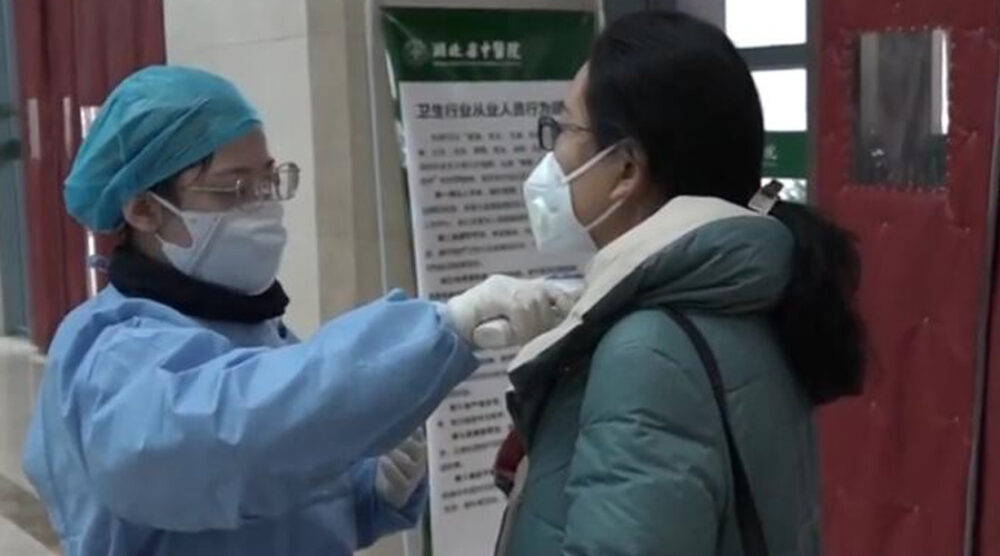On December 31, 2019 the World Health Organization (WHO) received the first report of a suspected novel coronavirus (2019-nCoV) in the city of Wuhan, China: forty-four cases of pneumonia with a suspected link to a large seafood and live animal market.
On January 9, 2020, the WHO confirmed the suspicion and announced that a novel coronavirus had been detected in patient samples from Wuhan. By the end of January there had been 213 deaths, 9,682 confirmed cases (1,527 “severe” cases) and over 15,000 suspected cases across thirty-one provinces in China.
The disease spreads by human-to-human transmission, and self-isolation is recommended for fourteen days for all persons who may have come into contact with persons infected with the virus or who had traveled in the affected area. Over twenty countries had reported coronavirus cases and the Philippines had reported the first death from the virus outside of China.
On January 30, 2020, the WHO Director-General declared the outbreak a Public Health Emergency of International Concern (PHEIC) under the International Health Regulations.
How do we assess the response of the WHO and major states?
Please click here to read the full “The coronavirus and trust in the process of international cooperation: A system under pressure” published at Ethics and International Affairs, written by Griffith Asia Institute member, Professor Sara E Davies.








